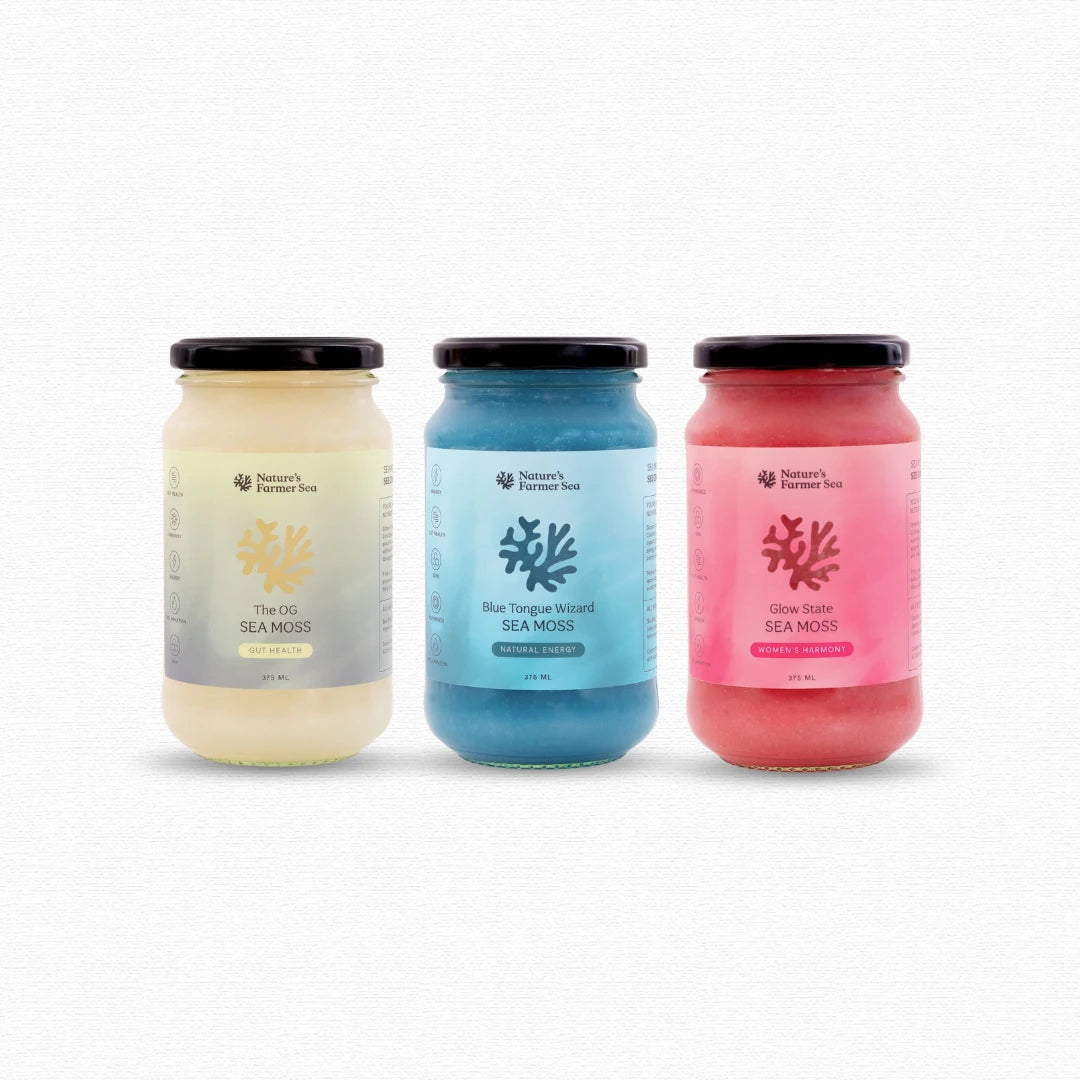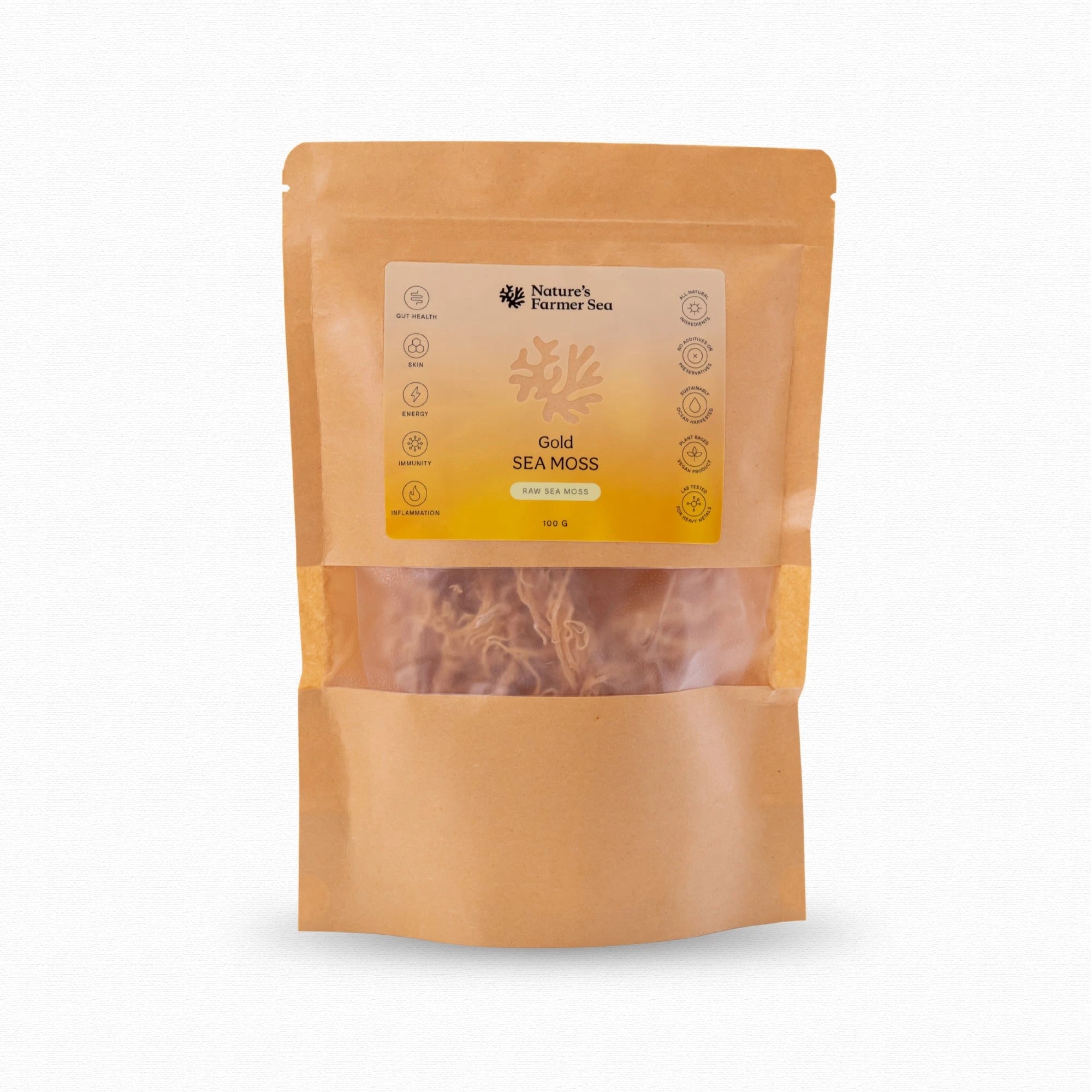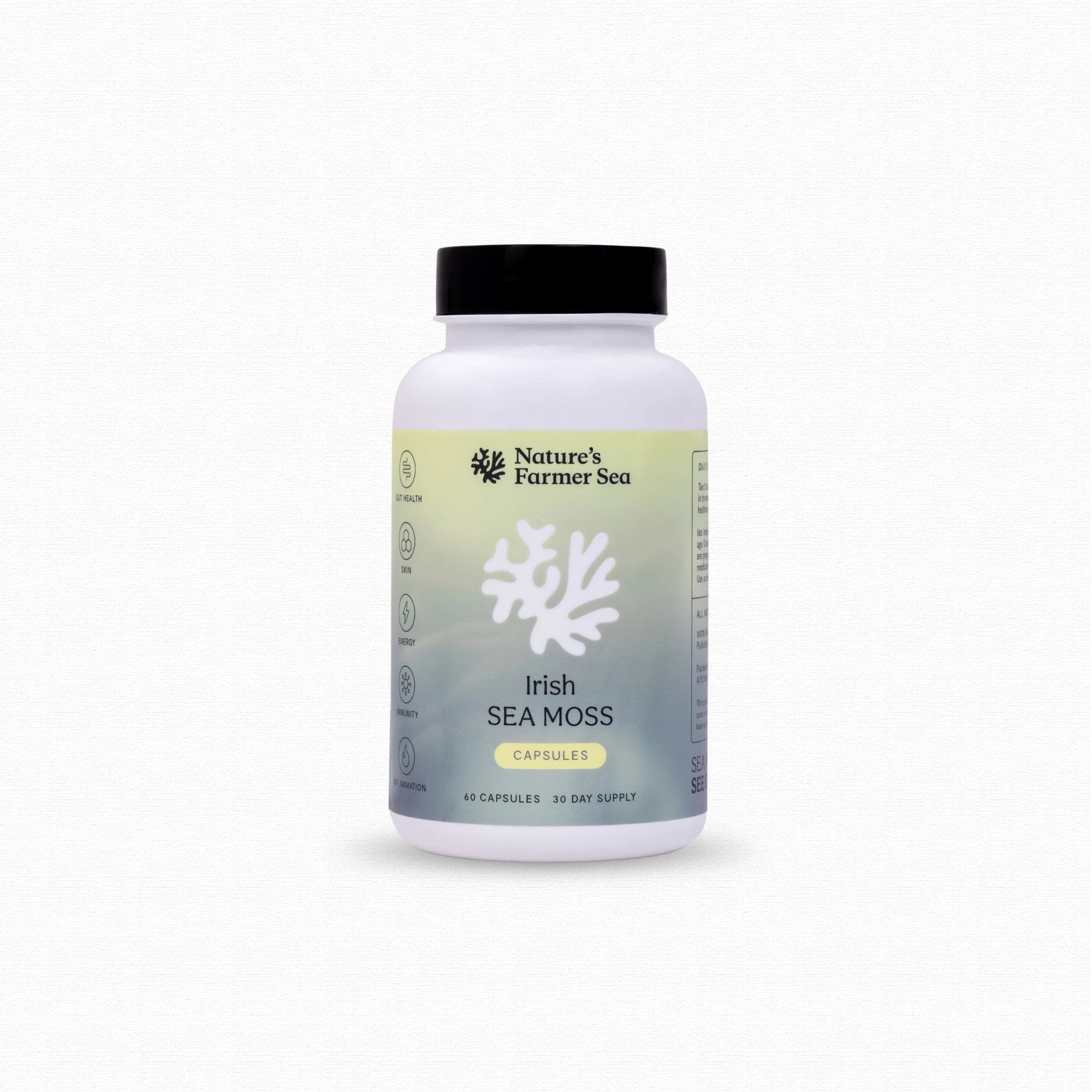Burnout has become a common experience in today's fast-paced world, affecting our physical, mental, and emotional health. Whether from work, personal responsibilities, or the constant influx of information, chronic stress can lead to a state of exhaustion that makes it challenging to function effectively. The key to combating burnout lies in supporting our body's stress response system, particularly the Hypothalamic-Pituitary-Adrenal (HPA) axis, which regulates how we respond to stress. Sea moss from Nature’s Farmer Sea is a natural remedy packed with a wide range of nutrients and minerals that can offer significant support to the stress response.
Understanding the HPAAxis and Stress Response
The HPA axis is a complex set of interactions among the hypothalamus, pituitary gland, and adrenal glands. This system controls our response to stress, regulating processes such as energy production, immune response, digestion, and mood. When we experience stress, the HPA axis triggers the release of cortisol, a hormone that prepares the body to deal with the perceived threat. While cortisol is essential for survival, chronic stress can lead to prolonged elevated cortisol levels, which may result in adrenal fatigue, reduced immune function, and various health issues.
Sea Moss: A Nutritional Powerhouse for Stress Relief
Sea moss is packed with essential nutrients that can support the HPA axis and help the body manage stress more effectively. Here's how the key nutrients in Nature's Farmer Sea sea moss combat burnout and support adrenal health:
- Magnesium
Magnesium plays a crucial role in regulating the HPA axis and maintaining normal cortisol levels. This mineral is known for its calming effect on the nervous system, helping to reduce anxiety and promote relaxation. Magnesium also supports energy production by aiding in the conversion of food into ATP, the primary energy currency of the body. Unfortunately, chronic stress depletes magnesium levels, making it vital to replenish this mineral regularly. Sea Moss provides a natural source of magnesium, helping to keep the HPA axis balanced and prevent the negative effects of stress.
- B Vitamins
B vitamins, including B1 (thiamine), B2 (riboflavin), B3 (niacin), B5 (pantothenic acid), B6 (pyridoxine), and B12, are essential for energy production, neurotransmitter synthesis, and nervous system health. They play a key role in converting food into energy and supporting brain function. Pantothenic acid, in particular, is critical for adrenal health, as it is involved in the production of adrenal hormones, including cortisol. During times of stress, the body's demand for B vitamins increases, making supplementation through nutrient-rich foods like sea moss essential for maintaining optimal health and preventing burnout.
- Vitamin C
Vitamin C is a powerful antioxidant that supports immune function, reduces oxidative stress, and is crucial for adrenal gland health. The adrenal glands contain some of the highest concentrations of vitamin C in the body, where it is used to produce cortisol and other stress hormones. Chronic stress depletes vitamin C levels, making the body more susceptible to fatigue, infections, and
other health issues. Sea moss is a natural source of vitamin C, helping to replenish this vital nutrient and support the body's ability to manage stress.
- Omega-3 Fatty Acids
Omega-3 fatty acids, found in sea moss, are known for their anti-inflammatory properties and ability to support brain health. These essential fats help to regulate the body's response to stress by modulating the production of stress hormones and reducing inflammation. Omega-3s also support cognitive function, mood stability, and overall mental well-being, making them an important component of a diet aimed at combating burnout.
Holistic Approaches to Combating Burnout
While sea moss provides vital nutrients to support stress management, it's important to approach burnout holistically. This includes incorporating regular exercise, psychological stress management techniques (such as mindfulness, stillness, meditation, and spending time in nature), and fostering social connections. Adequate nutrition, hydration, and rest are also essential for recovery and maintaining resilience.
Other nutrients, like probiotics, which support gut health and subsequently influence the HPA axis, and L-theanine, known for its calming effects on the nervous system (acting directly on
GABA neurotransmitter receptors), can also be beneficial in managing stress and preventing burnout.




